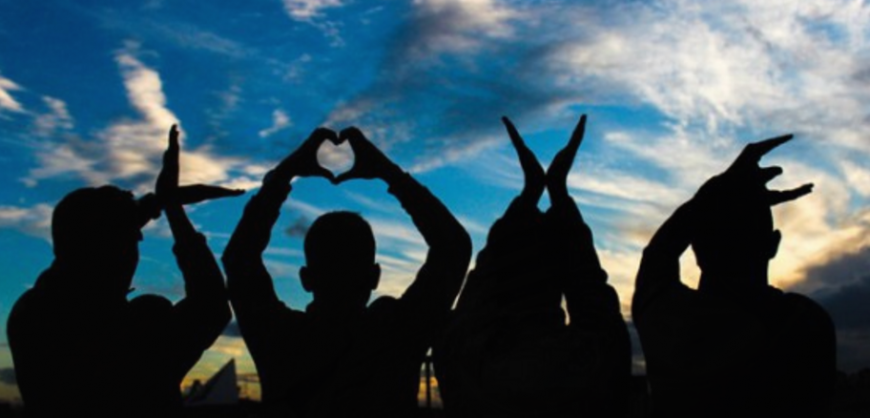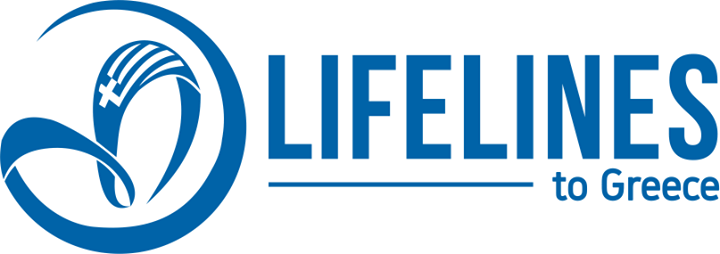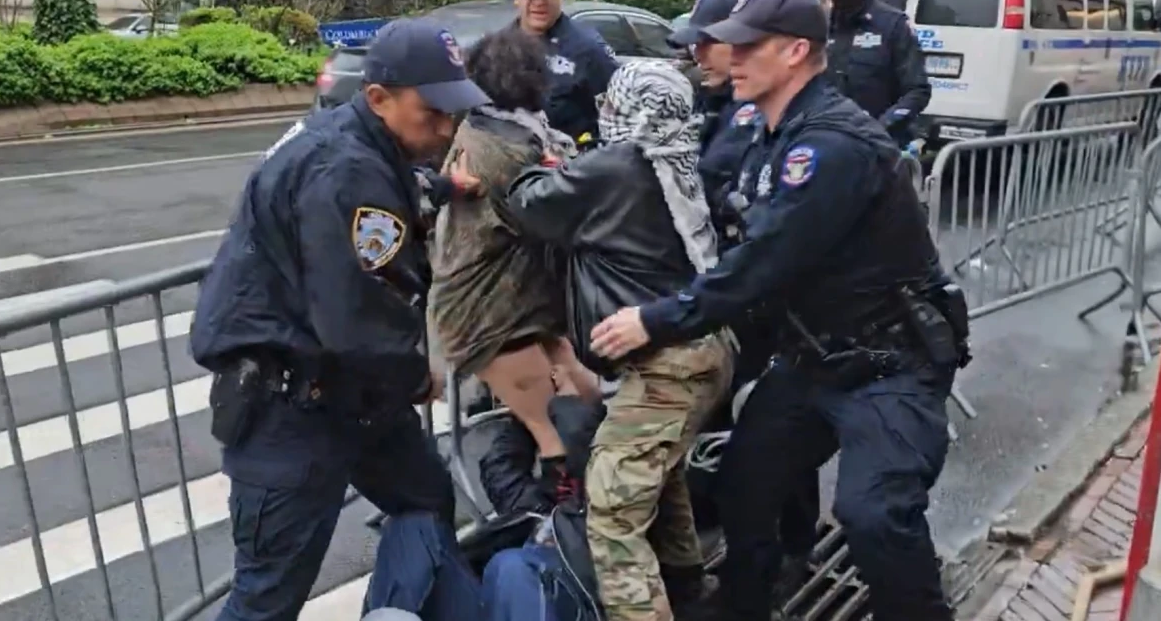By Debbie Papadakis, guest contributor
The means of communication we have these days, has allowed many to accomplish ‘miracles‘ as once cabled communication did in the mid 1800’s, with the introduction of the telegraph and telephone then business and humanitarian aid in remote areas were the solution, as the internet and video calling continue to contribute in solving many problems where need has arisen. The Economic Crisis has hit hard in Greece and in most Southern European countries, with knowledge on the ground of the situation of things, at our fingertips people have responded in wanting to help people in need.
Skype today allowed me to talk to a wonderful working mother who as a woman can be admired for her spirit and energy in helping fellow human beings in her community and beyond. Renie Spijkerman has used the power of communication through the social media by establishing a forum originally that brought people together throughout Europe informing them of the situation in Greece. The Forum she created was “Europeans Standing by Greece” -it went viral with over 11thousand members reading and sharing information from all corners of this world.
’Europeans Standing by Greece ‘ had issues with existing problems and, to the forum’s conclusion, no political nor economic institution seemed able to have humane solutions to a humanitarian crisis created by the continuing economic depression. There is a saying these days that goes like this: “Where Political Governments have failed, People rise to the calling by producing solutions to problems in societies” With unemployment having reached well over the 27% mark; many people underemployed and not being paid; many house-holds going without central heating for the 7th year and nearly everyone not being able to make ends meet has urged people to work together.
What is more, with ‘Capital Control’ measures in the banking system and the 3rd memorandum being implemented that sees cuts in pensions, wages and further taxation; the money the Greek Government has loaned from the IMF has gone in refurbishing the money supply in banks to continue operating, rather than gearing the flow of money to projects of investment and growth. This has affected the young generation to a great degree, as they wait for their Colleges and Universities to open ‘dressing‘ the next generation, with qualifications that would ‘absorb’ them in activity of the prospective job market that will open in the future. Dismal are our days, however according to Renie, People are the solution!
After a very busy day with work, meetings and tasks to be done with the launching of Lifelines to Greece I managed to track down Renie Spijkerman at her home on the island of Crete.
Debbie: Good evening Renie, my apologies for keeping you from your busy schedule however I would like to ask you a few questions about the new project you have launched: “Lifelines to Greece” What inspired you to organize this Philanthropic Organization?
Renie: Good evening Debbie Great to see you! The inspiration of wanting to establish ‘Lifelines to Greece ‘came from the frustration a number of people and I felt, of wanting to help people in Greece with the crisis we are facing, but not being able to ship over small items, that people bought from other countries , to Greece.
Have people been trying to send things to Greece and what problems did they have with shipping?
People in the North of Europe had bought items of clothing, medicine, blankets and dry food products and were almost always stored in huge warehouses without being able to ship them to the people in Greece. A pure logistics problem. It was frustrating and seemed inefficient.
It is wonderful to think that many people in other European countries want to help Greek people. How was a solution found in providing relief?
It was not easy Debbie. I spent a whole summer with people talking about alternative ways of reaching out to people and providing the solutions to problems. In August on ‘Europeans standing by Greece’ a call for volunteers was held. Many people listed to my call and we took it from there. I was amazed with the team that gathered to work effortlessly as volunteers to my calling. We connected with ideas and solutions and came up with a solution that provides direct relief AND supports the Greek economy: HAVING DONATORS BUY needed goods online, FROM GREEK STORES, and have those goods delivered directly to those in need. These items of food, household products, school stuff for children, toys, clothing or even medicine could be purchased on line directly by donors from other countries. ‘People being part of the solution- is the aim.’ All this happened online of course. So we decided to meet in Athens, stream lined the idea and went with it, full force.
Why live in Greece Renie?
When I first came to Greece 23 years ago, I fell in love with Greece and its people. I saw the values people held. I saw the strong family ties and working together. I saw FILOTIMO and a passion for life. I saw empathy and solidarity; constant discussion; open opinions shared and solutions to problems. Most of all, I saw, and more so see now, a country in despair that still shows the highest level of humanity in any situation, a defiance in accepting a non-acceptable fate, the guts to say NO. I wanted to stay here and I did. I learned Greek and brought up my children here. I became one with the people and consider myself Greek as much as Dutch.
With Lifelines to Greece you are supporting the Greek Economy. What solutions can you see the organization providing in helping the Greek economy which seems to be neglected?
Greece needs economic support above all. By establishing a social net working system we can get Greek products out there. Export is the key word and so many people outside of our country carry a passionate heart for Greece. They own businesses, have people that know people. Through social media we aim to reach these businesses and get them in touch with our producers, basically a ‘People to people’ connection system. That is the next phase of our project.
You see, we as a people, do not only have the right to freedom; we also have the responsibility to take control of our own lives. This is something I have said to my children and the young people I meet. I have urged young people to take control of their education and learn as much as they can; learning languages and skills; learning about connecting and working in teams rather than sitting back and complaining about the crisis.
How do you see people working with ’Lifelines to Greece? Do you think people would respond?
Everyone has felt the brunt of the crisis and rather than sit back and get depressed with the whole mess, it is good that people with a great number of skills have come together with their knowledge to prepare everything. We have a wonderful IT team and an amazing back office of people as volunteers who have been researching, organizing, writing, translating and communicating with people. Articles are written and interviews are held of all the projects we have undertaken. We have also devised a program of transparency. Everything of what we are doing being placed on our site and all the paperwork to back it up. There are many people out there who want to help. They are contacting me and a program of what can be done is devised. Visiting our site and contacting me would help co-ordinate solutions in this crisis.
CLICK HERE to find out more or donate to the group









































